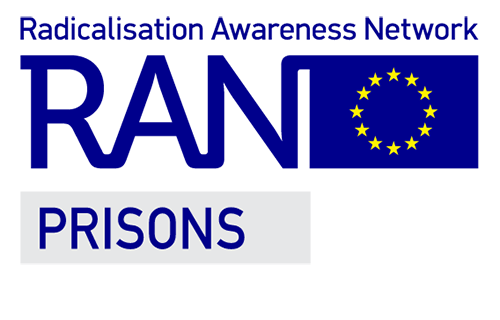
Wednesday 13 March (12.00 – 17.30) and Thursday 14 March (9.00 – 14.00) 2024, lunch to lunch
RAN PRISONS Working Group is currently looking for participants with relevant expertise to take part in a meeting on The active role of the inmate in DDR (disengagement, deradicalisation, and rehabilitation): opportunities and limits for involvement in developing individualised plans, improving cooperation between inmates and P/CVE practitioners, fostering voluntary participation and compliance.
Background and aim of the meeting
During previous RAN PRISONS and RAN REHAB Working Group meetings, participants raised the topic of the participation of violent extremist or terrorist offenders (VETOs) in P/CVE interventions. Around the EU and externally there are examples of approaches where inmates take an active role in designing the programmes and interventions they will participate in as part of their rehabilitation process. Moreover, several of the DDR programmes designed for working with VETOs include active participation and decision-making by the clients themselves, as more practitioners and institutions choose to work with individualised planning.
The goal of this meeting is to identify, examine, and share good practices of: involving clients in the DDR programme decision-making process and individualised DDR processes; improving cooperation between inmates and P/CVE practitioners; and fostering voluntary participation and compliance.
Key questions this meeting will address include:
- What are the opportunities, limits, and guardrails for involvement in developing individualised intervention plans?
- Which approaches of involving VETO and other inmates in their DDR programme plans exist in the EU and externally?
- How can a multi-agency approach support these models, and who are the different actors that should be involved?
The outcome of the meeting and its conclusions will be shared with the policymakers of the Member States and might feed into the agenda of RAN Practitioners, RAN Policy Support (Member State policymakers and researchers), and the European Commission. It is an opportunity for practitioners to share their experience and voice their hopes and concerns for the future in a safe space protected by the Chatham House Rule.
Ideal participants
The target audience for this meeting is practitioners who directly engage with VETOs in the prison context (or aim to do so) in the field of P/CVE, including:
- prison management and administration staff;
- ‘external’ practitioners who work inside prisons with VETOs on DDR interventions, including:
- mental health practitioners, exit workers, local administrative staff, and law enforcement.
Registration
If you are interested in participating in this meeting, please fill out this form by 11 February. We will invite participants based on the information provided therein. Please keep in mind that we only have a limited number of places available for this meeting to foster knowledge exchange, so participation cannot be guaranteed.
Please note, the meeting will be held in English (without interpretation).
If you have any further questions, please contact niv [dot] zonis violence-prevention-network [dot] de (Niv Zonis) and jonathan [dot] russell
violence-prevention-network [dot] de (Niv Zonis) and jonathan [dot] russell violence-prevention-network [dot] de (Jonathan Russell).
violence-prevention-network [dot] de (Jonathan Russell).
Sources
Details
- Publication date
- 22 January 2024
- Author
- Directorate-General for Migration and Home Affairs
